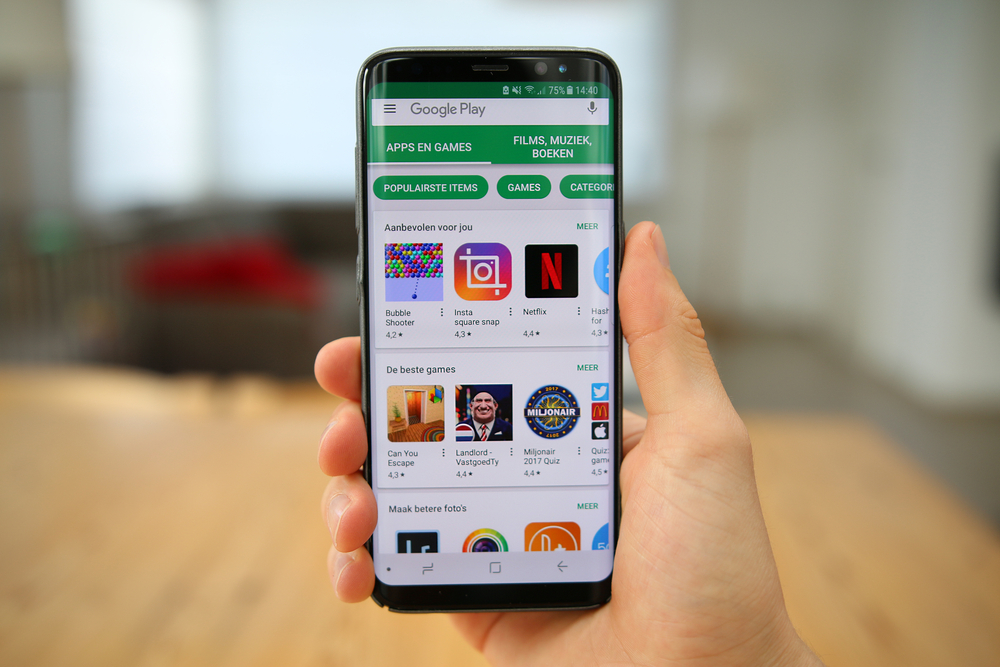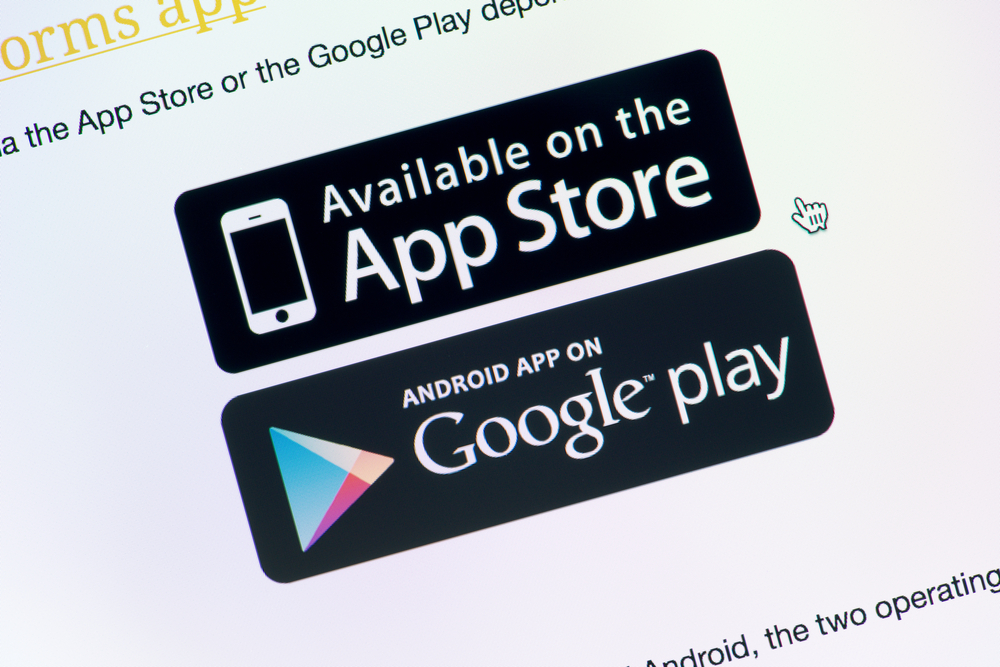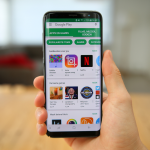Google Play Store: Upcoming Incognito Mode & Improved Device Security

Most of us with smartphones using Android operating software today take the Google Play Store for granted. Whether you’re looking for a game, an app to help you with finance or any other mobile application under the sun, the Google Play Store is where you can find it. What many of you may not know is that this wasn’t always so. Quite the contrary, according to sources, the Google Play Store was debuted in 2012 which means it’s only really been around for the past 7 years!
The most recent industry update is that Google Play Store is to offer incognito mode and better device security to users with their latest features. For those of you who may be wondering what the big deal is here, allow us to elaborate.
A Little Google Playstore History
We’re going to start with what the tech landscape was before the introduction of the Google Play Store most of us Android users know and love. Prior to the release of Google Play, Android users who wanted apps needed to source these from different places. Where an app was sourced depended on what kind of app you were looking for.
Apps relating to games and visual entertainment needed to be sought from what was known as the Android Market. On the other hand, music and related apps could only be procured from Google Music, similarly, books and reading apps were designated to the Google eBookstore.
Needless to say, this wasn’t the most convenient setup possible, especially for regular users. To address this issue, the Google Play Store was developed and released.
The difference between the Play Store and the Android Market was that the Play Store covered all available android app categories under the same umbrella. What this meant was that users could now access all kinds of apps from a single location, making downloading, installing, and upgrading a whole lot simpler.
Establishing Roots in the Market
Once the Google Play Store took off, one of the area its success could be noted was in the steep rise in the number of apps available over the same. As shown by statistics, there was a steady increase in the number of available apps between September 2012 and March 2018.
Even though the number of apps available on the Google Play Store did go down between March 2018 and March 2019, there were still more apps on the Play Store than on any other App store. Figures show that apps offered by Amazon Appstore, Windows Store and even the Apple App Store were less than the staggering 2.47 million-plus apps available on Play Store.
Suffice to say, Google had established its Play Store in the market and business was good
The People’s OS
We know that Google and Apple are two of the world’s leading tech giants today. There have been many comparisons made between Apple’s iOS and Google’s Android, however, establishing which of the two reign supreme is not exactly a straightforward task. One comparative article published by Digital Trends online elaborates on how both operating systems offer brilliant features and what works best individually depends on personal preference.

One thing that is an established fact, rather, an unspoken global truth is that the Android OS is what you could call the people’s choice. The price of Apple devices serves to limit devices to a customer base that belongs to a higher earning bracket as proven by figures in an article published by Business Insider. Affordability and flexible prices are two things that work in favor of Android phones making them successful.
Another area is the high customizability as well as choice by way of available applications that Android phones offer. All this said, popularity and flexibility can sometimes backfire!
Open-Source Coding and Security Challenges
Another thing that initially made Google Play Store and the development of Android apps preferable for a number of developers was open-source coding. Unlike closed-source coding used by Apple for iOS apps, open-source coding seemed to be more user-friendly, more widely applicable and less complicated by way of legalities and permissions.
The problem however with open-source coding was the security issues that seemed to come along with it. It was in fact, Google’s banning of approximately a million apps back in 2018, was a security measure to reduce the number of malicious apps present among those available in the Play Store.
Despite this, the effort to keep Play Store applications and users safe and secure is currently ongoing as suggested by a post published by Wired.
Making Amends with the Google Play Store Security Update
Regardless of what challenges Google may face, this solution-oriented organization has always done its bit to improve user experience and security. The latest expected Google Play Store security update is a welcome example of this proactive approach on Google’s part. The new update boasts some features that are meant to re-establish Google Play Store’s reputation for safety and security.
Better Living through Privacy
The introduction of an incognito mode for those looking to download apps privately is one of the features brought forth by the upcoming Google Play Store security update. Some of the features promised by the Play Store incognito mode include:
- Browsing applications without data being mined
- Downloading applications without data being mined
- Reminders to revoke previously given application permissions
- Ability to download apps from outside Play Store
Though these changes may seem small, they mean a whole lot for user privacy, something that had started to become a serious concern among Android users of late.
Sources also state that the new incognito feature was designed to give users more choice and more control over data being exchanged via their devices, both personal and otherwise.
Does Google’s App Store Incognito Feature work Like a Proxy?
Let’s get one thing straight. The newly introduced Google security feature is not designed to work like a proxy service. This means that though it may protect you from malicious apps, it does not protect you from local network surveillance and other data digging that may take place. To avoid that kind of tracking, you would likely still need to use a VPN.
The new security feature simply allows you to limit the information that is sent to certain apps at certain times and needs to be moderated and operated as needed by users. That said, it still is a massive leap when it comes to the security and safety of personal data.
In Conclusion
With troves of new tech hitting the market, network providers becoming faster or more efficient, and upgrades in apps and operating systems, privacy and security are becoming a priority. This is also so because more and more sensitive personal data is now being uploaded to and stored in devices such as phones, laptops, and computers.
To maintain their market position, keep at par with internal quality standards, and ensure user safety and satisfaction, Google, as well as other tech companies, are really pushing forward. We certainly don’t think the latest Google Play Store security update will be the last of its kind, but we do feel the same is a great step in the right direction. Let’s keep our fingers crossed and wait to see what else is in store for Android users globally!



